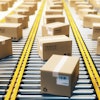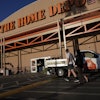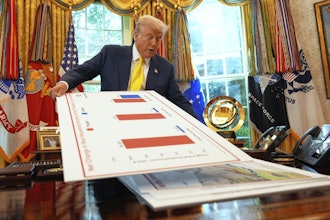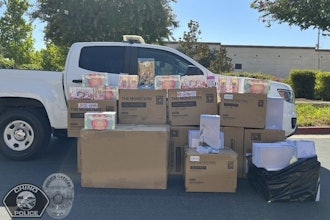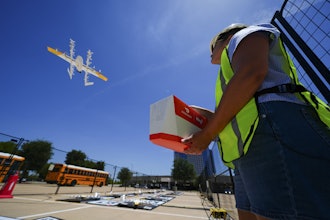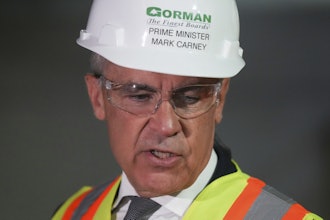
Lithium-sulfur battery manufacturer Lyten said it has signed agreements with California Sulphur Company, at the Port of Los Angeles, and a Port of Stockton company to supply domestically sourced, industrial-grade sulfur to Lyten’s manufacturing facilities in San Jose and San Leandro, California, along with its recently announced Reno, Nevada gigafactory.
Sulfur is an abundantly available, locally sourced material used in Lithium-Sulfur batteries. Sulfur replaces mined minerals like nickel, manganese, cobalt, and iron that make up today’s batteries, eliminating reliance on complex global supply chains currently dominated by China and eliminating the risk of current and future tariffs. Battery materials for lithium-ion batteries typically travel 30,000 to 50,000 miles during sourcing and manufacturing. Lyten Lithium-Sulfur’s primary ingredient, sulfur, can be sourced and processed less than 100 miles from Lyten’s manufacturing facilities.
The use of low-cost sulfur creates a battery cathode that is 40% lighter weight than lithium-ion, which requires nickel, manganese and cobalt (NMC), and 70% lighter weight than Lithium Iron Phosphate (LFP), which currently lead the market.
Lyten is producing its 2024 National Defense Appropriations Act (NDAA)-compliant lithium-sulfur battery cells in San Jose. Lyten recently announced the acquisition of Northvolt’s battery manufacturing facility in San Leandro, and in October 2024, announced the location of the world’s first lithium-sulfur gigafactory in Reno.
In December 2024, Lyten and the Export Import Bank of the US (EXIM) announced a $650 million LOI to fund the scale up and delivery of Lyten Lithium-Sulfur for battery energy storage systems (BESS). Additionally, in 2024, Lyten announced its integration into Chrysler’s Halcyon Concept EV, plans to integrate lithium-sulfur into AEVEX Aerospace’s unmanned aerial vehicles (UAVs), and the selection of Lyten Lithium-Sulfur for demonstration on-orbit aboard the International Space Station (ISS), scheduled for launch later in 2025.

